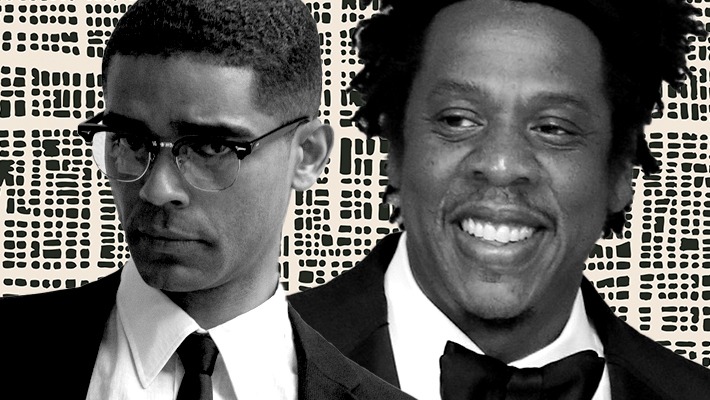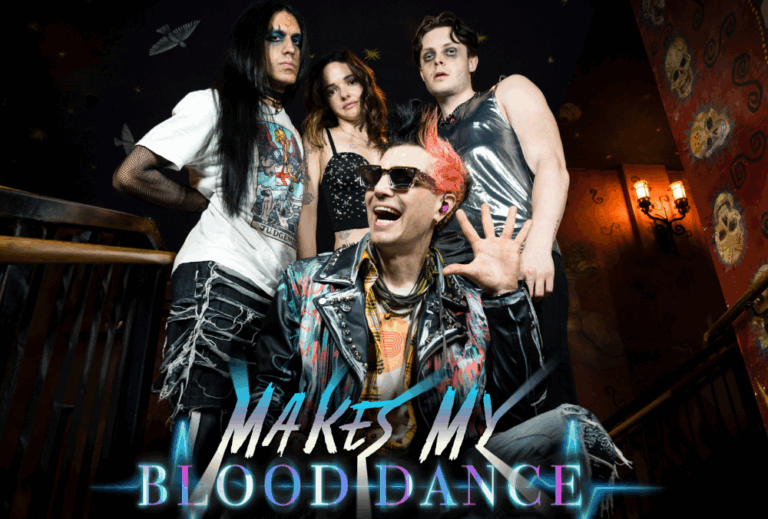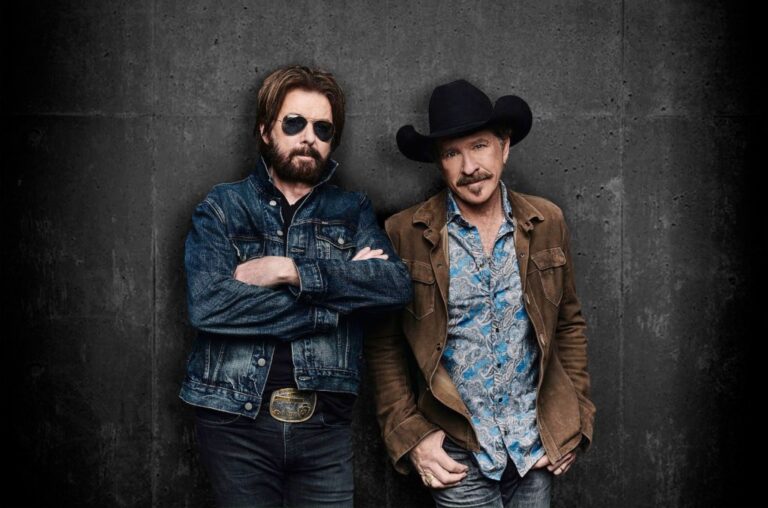It’s impossible to talk about Black art and not talk about Black life — just as it’s impossible to talk about Black life without talking about Black art. Art is life and throughout the generations, Black life has centered around art as much as any other unifying concept other than religion. The recently-released film version of Kemp Powers’ stage play One Night In Miami is just one example that highlights the interplay between the two, and it might be one of the best depictions of that history, even taking into account some of the creative license Powers and the film’s director Regina King took in imagining that one, possibly pivotal night in Black life, music, and politics.
One Night In Miami poses a possible exchange between four of the civil rights era’s most accomplished activists and entertainers in 1964, shortly after one of their number, Muhammad Ali, defeated Sonny Liston to become world heavyweight champion for the first time. Settled into a hotel room to celebrate, Ali — then still known as Cassius Clay — is joined by singer Sam Cooke, football star Jim Brown, and outspoken Nation of Islam firebrand Malcolm X for a night of discussion, debate, and reflection on their respective duties toward using their platforms and popularity to change Black Americans’ second-class status in a world where Jim Crow was still the order of the day.
Their conversation — and their relationships — are heavily fictionalized, largely by necessity; two of the four men died in the months after that night’s events, while Ali passed away between the play’s conception in 2013 and the movie’s creation. But at its heart, the film asks and seeks to answer the question: “What is the responsibility of Black celebrities to Black Americans as a whole?” Taking up opposite ends of the debate, Kingley Ben-Adir‘s Malcolm X and Leslie Odom Jr.’s Sam Cooke become each others’ primary antagonists, while Brown and Clay find themselves drawn in both directions throughout the night, like flags on the rope in a game of tug-of-war.
That debate has echoes in recent history, ones that we now see played out on social media and on podcasts between crowds of commenters instead of behind closed doors. Today, Sam Cooke’s role is occupied by entertainers like Beyonce and Jay-Z, who receive criticism from both common commentators and their celebrity peers alike. For instance, take Noname, who came under fire from Beyonce’s self-appointed defenders for suggesting that the star take a more firm position on the troubles of the African continent after filling her visual album Black Is King with imagery from throughout African nations like Nigeria and South Africa. Noname may not be Malcolm X, but the analogies are certainly there for anyone looking.
In One Night In Miami, Cooke argues, much like Jay-Z or any number of other modern celebrities, that he’s doing his part to advance the race just by opening doors to rooms they would ordinarily be barred from, manifesting in his obsession in performing at the Copacabana nightclub. This is akin to Jay partnering with the NFL to offer opportunities to Roc Nation clients like The Weeknd to perform on one of the biggest stages in entertainment, the Super Bowl. This, in turn, generates even more revenue for The Weeknd and Roc Nation, which then theoretically filters outward through their various charities and foundations. Less tangibly, their presence inspires others, both through the art itself — which can be motivating and uplifting — and through the aspirational example they provide. Others seeing Jay-Z’s success can use him as a role model, pursuing financial freedom through ownership and entrepreneurship and doing what Jay boasts on “Moment Of Clarity”: “I got rich and gave back; to me, that’s a win-win.”
Meanwhile, Malcolm X’s character berates Cooke’s approach as facile and self-serving, pointing out the practical obstacles to others following in his footsteps and pushing him to be more vocal about the prejudices and injustices facing Black Americans in the 1960s. Likewise, we see critics like Noname and others pointing out the very material ways Jay’s approach, which strongly resembles the “trickle-down” economics embraced by Ronald Reagan in the 1980s, falls short of addressing many real problems and injustices born of those policies that persist to this day. Sure, Jay-Z opens doors, but mainly to enrich himself, with any benefits to the race as a whole becoming tertiary at best — after all, his business partners made the lion’s share of the money as millions tuned in to the “big game” to see what The Weeknd’s performance would look and sound like.
The film ends somewhat ahistorically, with Malcolm’s harassment apparently having an effect on Sam Cooke, prompting him to use his appearance on The Tonight Show to debut the moving anthem “A Change Is Gonna Come,” directly addressing in words the injustices done to Black Americans over the years. In truth, Cooke’s performance came a full two weeks before the title bout in Miami on February 7, 1964. However, other details are kept somewhat true to life: Cooke was certainly inspired by Bob Dylan’s “Blowin’ In The Wind” in 1963, embarrassed that a white singer had addressed the topic of racism when he had not, for fear of alienating his large white fanbase. To some degree, he was right; “A Change Is Gonna Come” was only a moderate hit compared to smashes like “You Send Me” and “Bring It On Home To Me.” However, it’s become one of his most enduring and beloved songs, selected for preservation in the Library of Congress in 2007 and receiving countless covers and placements in pop culture, from film to television to a quote from Barack Obama after being elected president in 2008.
In many respects, this is the part of the film and the history that has been the most resonant throughout the years: Black artists have used their platforms to speak out about injustice, even in the face of potential backlash. From NWA and Public Enemy speaking out against police brutality and authoritarian overreach in the 1980s to Tupac Shakur addressing the pressures facing Black people in 1992 on “Changes” (released posthumously in 1998) to Cardi B using her social media to stump for Bernie Sanders, Black music and activism are more thoroughly tied together than ever before. Look no further than Chika’s powerful television debut with “Richey V. Alabama” in 2019. Given a national television audience and the first big look of her young career, the courageous, then-21-year-old rapper used what could have very well been the only opportunity she would have to make a lasting impression to shed light on the devastating injustices taking place in her home state.
It has been a long time coming and a change may come, but not without folks who are willing to create it by any means available. One Night In Miami highlights the variety of forms this activism may take, as well as the disagreements that may arise between adherents to one form or another. But it also highlights how interrelated all of those forms are, how needed both the examples and the outspoken voices can be, even if they don’t always agree on the best ways to leverage the influence they’ve been given to wield. The film tries to make one thing certain; that the responsibility to speak out never goes away, that for Black Americans, success is always political, and that no matter what, we’re connected by bonds that are way more than skin deep.
One Night In Miami is out now on Amazon Prime Video. Watch it here.
Some artists covered here are Warner Music artists. Uproxx is an independent subsidiary of Warner Music Group.




